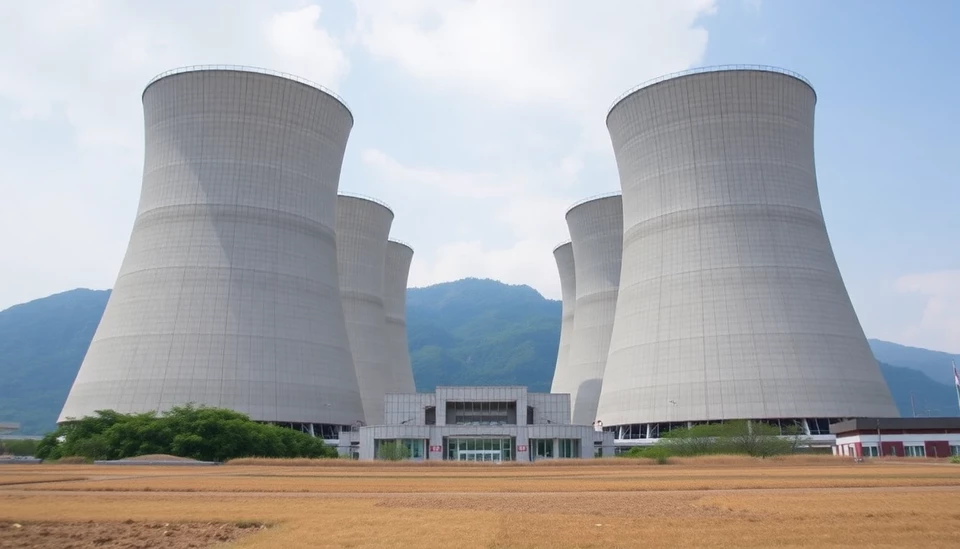
In a significant energy transition, Taiwan's decision to exit nuclear power production has opened new avenues for natural gas consumption, according to GE Vernova. The shift comes as Taiwan grapples with the complexities of energy supply, environmental concerns, and the demands of sustainability in the wake of global climate change initiatives.
Representatives from GE Vernova, the energy technology company, indicated that Taiwan's commitment to eliminating nuclear power by 2025 has created an imperative for the island nation to seek alternative energy sources, particularly natural gas. The reliance on gas not only offers a more balanced energy mix but also supports Taiwan’s ambitions to reduce greenhouse gas emissions.
Taiwan's energy policy overhaul arrives at a critical juncture, particularly as the global energy landscape increasingly favors cleaner energy options. With public sentiment leaning towards renewable energy, Taiwan is exploring investments in liquefied natural gas (LNG) infrastructure to enhance its energy security and sustainability goals.
As a part of its transition, Taiwan is expected to ramp up imports of LNG to fuel its power plants, moving towards more modern gas-fired facilities. This pivot plays a crucial role in ensuring a stable and reliable energy supply, while also positioning Taiwan as a player in the regional natural gas market.
Furthermore, the energy strategy aligns with Taiwan's broader objective to achieve net-zero emissions by 2050. By phasing out nuclear energy, Taiwan not only addresses safety concerns following past nuclear incidents but also embraces a strategy conducive to incorporating renewables into its energy framework. Wind and solar energy are poised to expand, leveraging natural gas as a transitional measure.
According to experts, the emphasis on natural gas aligns with Taiwan’s need for a flexible energy system, capable of accommodating intermittent renewable sources. As the nation looks to harness the full potential of these technologies, policymakers highlight the importance of creating a robust gas infrastructure that can support future energy requirements.
A greater reliance on natural gas, however, raises questions regarding energy prices and the long-term sustainability of this strategy. With fluctuating global gas prices, Taiwan may face economic pressures as it adapts to its new energy landscape. Furthermore, the country will need to address concerns regarding its energy dependency on external suppliers to foster greater energy independence.
In summary, Taiwan's departure from nuclear energy paves the way for increased gas consumption, creating fresh opportunities and challenges within the energy sector. This development reflects a significant pivot towards natural gas as a bridging energy resource, while also enabling the integration of renewable energy in the long term. The upcoming years will be vital for Taiwan as it navigates this substantial energy transition.
#TaiwanEnergy #NaturalGas #NuclearExit #EnergyTransition #GEVernova #Sustainability #ClimateChange
Author: Victoria Adams




